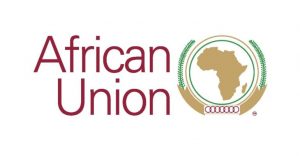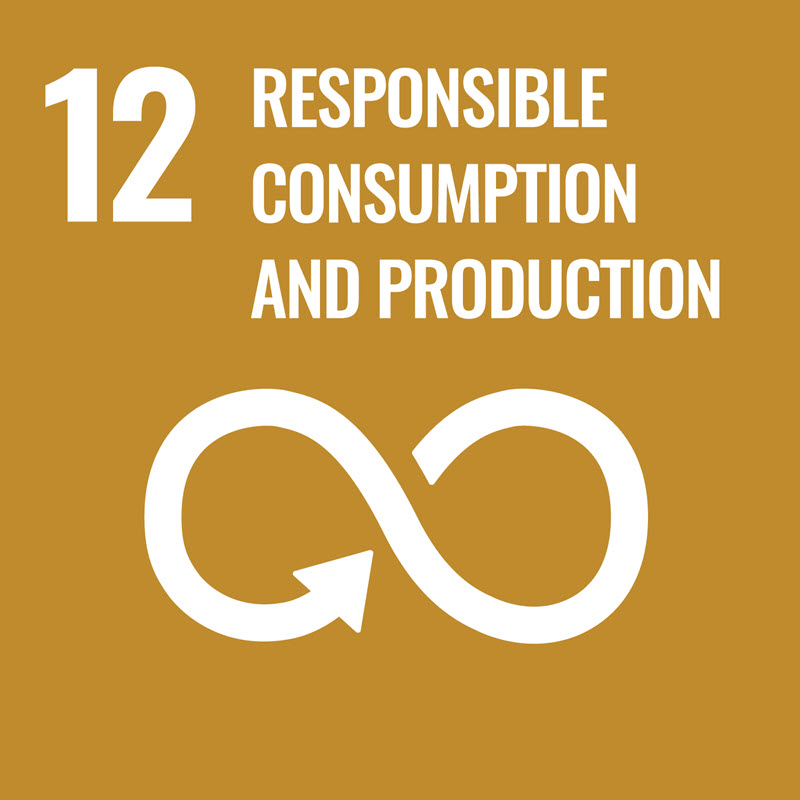THE EMBLEM OF OAU AND AU
The Organization of African Unity (OAU) was founded to encourage solidarity and togetherness among African nations however, the African Union (AU) replaced the OAU with a renewed focus on promoting economic integration, peace, and development throughout Africa. This article will examine the change from the OAU to the AU, focusing on how the OAU was formed, how it changed to the AU and the factors that led to this change.
Kwame Nkrumah, the first president of Ghana, proposed the idea of the formation of the OAU in 1957, a few months after Ghana gained independence from Britain because he recognised cooperation as a vital weapon needed by African countries to address common challenges and to promote unity and solidarity. He believed a collaborative effort could achieve greater economic, political, and social progress than an individual effort. The formation of the OAU was pivotal in African history as it marked a turning point in the continent’s efforts to assert its independence and take control of its destiny.
The Establishment of OAU
The OAU was officially established on May 25, 1963, at a meeting of 32 African countries in Addis Ababa, Ethiopia. The founding of the OAU was a significant achievement for African leaders, who had long struggled against colonialism and imperialism. The OAU’s founding charter emphasized the importance of African unity and the need to work toward the economic, political, and social development of the continent. Additionally, it called for the establishment of a common African market and the promotion of regional economic integration.
FIRST MEETING OF OAU IN ADDIS ABABA IN 1963
In the early years of the OAU, the organization focused on addressing issues related to colonialism and apartheid in South Africa. The OAU played a key role in supporting liberation movements throughout the continent and in advocating for the end of colonial rule in Africa. It also worked to promote economic development and address issues related to poverty and underdevelopment.
The Challenges OAU encountered
Despite its successes, the OAU faced a number of challenges over the years. These included; the struggle against colonialism and imperialism as some countries remained under colonial rule, particularly in Southern Africa after they gained independence in the 1960s, civil war and conflicts between member states throughout the 1970s and 1980s, and the issue of poverty and underdevelopment.
Reassessment of the OAU, call for a new body and the launching of the AU
African leaders started to re-assess the OAU’s function and the need for a new body that could better address the problems facing the continent in the early 2000s. In 2001, the OAU held a summit in Lusaka, Zambia, where African leaders agreed to establish a new organization, the African Union. On July 9, 2002, at a summit in Durban, South Africa, the African Union (AU) was officially launched. The AU sought to advance African development and unity by building on the OAU’s achievements. In addition to the necessity to work toward economic integration, infrastructure development, and the promotion of peace and security on the continent, the founding charter of the AU placed a strong emphasis on the value of democratic government, human rights, and the rule of law.
Difference between the OAU and the AU
The AU stood out from the OAU through its increased focus on good governance and democracy which was possible through major sectors established to address this issue. Firstly, the AU established the African Peer Review Mechanism (APRM), a voluntary self-assessment tool enabling African nations to analyze the effectiveness of their own governance. Also, the AU established the New Partnership for Africa’s Development (NEPAD), a strategic plan for the continent’s economic growth as it addresses challenges relating to poverty, health, and education. In addition, NEPAD seeks to advance infrastructure development, private sector investment, and regional integration. In addition, the AU also increased its focus on peace and security by establishing the African Standby Force (ASF) and the Peace and Security Council (PSC). The PSC is a decision-making body that is responsible for promoting peace and security on the continent and for developing strategies to address conflicts. It also serves as a multinational force that can be deployed in response to conflicts or other threats to peace and security on the continent.
AN AFRICAN UNION ASSEMBLY
Some Major Progress of the AU
The AU has made significant progress in promoting African unity and development through its role in promoting democracy and good governance, addressing issues related to poverty and underdevelopment, and promoting peace and security on the continent. The AU has also been instrumental in promoting African integration in establishing a common African market through the African Continental Free Trade Area (AfCFTA).
Challenges facing the AU
The AU has also had its share of challenges, this includes; ongoing conflicts and instability in some parts of the continent although it has played a key role in mediating these conflicts and in promoting peace and stability, its efforts are hampered by the lack of resources and the reluctance of some member states to engage in peacekeeping operations.
Funding is another challenge for the AU as the organization relies heavily on external funding from donors, which can limit its ability to implement its programs and initiatives.
The formation of the OAU marked a significant moment in African history, as it represented a turning point in the continent’s efforts to assert its independence and take control of its own destiny. The primary goal of the OAU was to promote unity and solidarity among African countries and to work toward the economic, political, and social development of the continent. The OAU was replaced by the African Union (AU), which aimed to build on the work of the OAU and further enhance African unity and development.
While the AU has faced a number of challenges over the years, it has made significant progress in promoting African integration and development, and it remains a key player in shaping the future of the continent.



